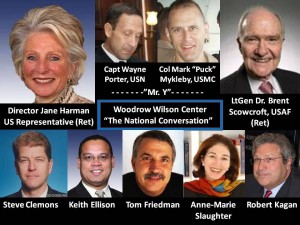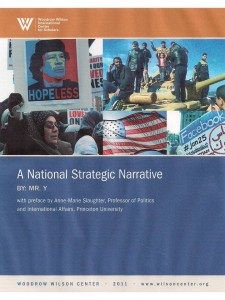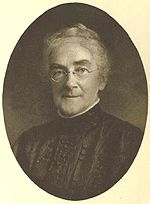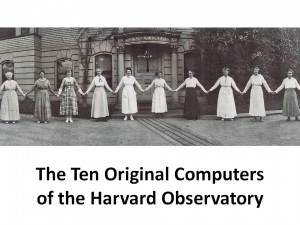
How to fail
There are some significant misunderstandings about failure. A common one, similar to one we seem to have about death, is that if you don't plan for it, it won't happen.
All of us fail. Successful people fail often, and, worth noting, learn more from that failure than everyone else.
Two habits that don't help:
- Getting good at avoiding blame and casting doubt
- Not signing up for visible and important projects
While it may seem like these two choices increase your chances for survival or even promotion, in fact they merely insulate you from worthwhile failures.
I think it's worth noting that my definition of failure does not include being unlucky enough to be involved in a project where random external events kept you from succeeding. That's the cost of showing up, not the definition of failure.
Identifying these random events, of course, is part of the art of doing ever better. Many of the things we'd like to blame as being out of our control are in fact avoidable or can be planned around.
Here are six random ideas that will help you fail better, more often and with an inevitably positive upside:
- Whenever possible, take on specific projects.
- Make detailed promises about what success looks like and when it will occur.
- Engage others in your projects. If you fail, they should be involved and know that they will fail with you.
- Be really clear about what the true risks are. Ignore the vivid, unlikely and ultimately non-fatal risks that take so much of our focus away.
- Concentrate your energy and will on the elements of the project that you have influence on, ignore external events that you can't avoid or change.
- When you fail (and you will) be clear about it, call it by name and outline specifically what you learned so you won't make the same mistake twice. People who blame others for failure will never be good at failing, because they've never done it.
If that list frightened you, you might be getting to the nub of the matter. If that list feels like the sort of thing you'd like your freelancers, employees or even bosses to adopt, then perhaps it's resonating as a plan going forward for you.







